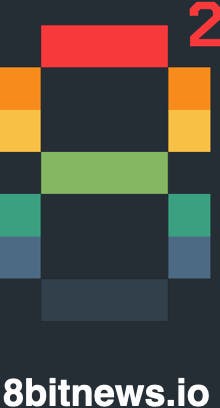
Source: https://commons.wikimedia.org/wiki/User:Bilby
Every once in a while, there is a classic coming up again. And if you are one of the lucky ones, who grew up with an Apple ][, I don’t have to argue here, what an extraordinary machine Apple brought to the light of the astonished public here in 1977. It really took off a year later as one of the world's first highly successful mass-produced microcomputers and it laid the foundation for later successes like the Macintosh. A MOS6502 at a clock rate of 1.023 MHz powered the machine. Another classic inside a classic so to say. Fully 6502 compatible CPUs are produced by Western Design Center until today, therefore it is only fair to state that the - in today's sense - very simple architecture is still kind of up to date. And it receives a lot of love - especially in the retrocomputing community. 🤟
So in 2007 it happened, that Stephen A. Edwards reimplemented the Apple ][ plus hardware components in VHDL and ran it on an Altera DE2 FPGA board. Six days ago, Feng Zhou decided to follow in Edwards' footsteps and repeat the experiment, but this time based on Xilinx hardware - the PYNQ-Z1 FPGA board. You get nearly the full 70’s experience here, since the FPGA board comes with HDMI video output, 3.5mm line-out jack, PS/2 keyboard input and the ability to switch between color and monochrome mode.
If you want to resurrect the goodness of this 70's machine as well, you will find all necessary sources on Feng's github repo. And since FPGAs are amongst the most versatile pieces of hardware, I am sure, that there are some other very interesting things that can be implemented on this FPGA also. 👩💻
Read the full newsletter Issue #08 of 8bitnews.io: Your very own Apple ][ plus
More from #08
Don't want to miss updates like that? Subscribe below and receive regular content that we only share with our subscribers.















